For Chabad-Lubavitch Shluchim in small Jewish communities in the United States, these are the best of times and the worst of times.
The best of times because thanks to Shluchim resources emanating from the central Lubavitch offices, we have become purveyors of Jewish education, literature and a host of programming second to none. The ability to present our programs and classes with a degree of excellence rarely seen outside the major metropolitan communities goes a long way in making a powerful impact on the community and raising the standards of communal Jewish programming.
Access to community, city and state leaders is generally more reliable, many small community shluchim can get the mayor, their state Senator, Congressman or the governor on the phone. The Jewish leadership; Federation executivess, presidents and other influential members of the Federation, JCC and local synagogues are regular Shabbos dinner guests.
It is the worst of times because the critical mass needed to support the most basic services, day schools, shuls, Friendship Circles, and campus programs is so hard to establish and even tougher to maintain. No sooner does your closest family become more observant than they call you up to share the bittersweet news that they are moving to Atlanta, LA, NY or Chicago to become part of a bigger observant community.
Playing the multiple and often contradictory roles of fundraiser, teacher, secretary, camp director, chazzan, baal koreh, accountant, PR director and parent like a one man band, while agonizing over the heartbreaking choices between sending children away to school from a young age vs. home schooling them, adds up to a three ring circus called small town Shlichus.
With so much to do and such limited resources available, the natural thing to consider is forming alliances and cooperative ventures. This is a path into the jungle with as many pitfalls as shortcuts to success, and must be charted very carefully with the help of an experienced rav and mashpia as your safari guide.
Sharing space with the local JCC for your JLI class, renting the Conservative synagogue’s educational wing for your day school, building a community Mikveh and creating a board of directors made up of local community members are all paths to consider in the pursuit of the goal of teaching and inspiring as many Jews in your community as you can.
In 1990 when we were considering opening a Jewish preschool in Columbia there was already a community Jewish preschool run by the JCC. Our board of directors cautioned us against the idea, believing it would cause strife and discord in the community. The Rebbe directed us to, “Be careful of strife, and only do it without causing strife.”
To me this meant that we should not take on the project, but after consulting with my rav it became clear that what the Rebbe wanted was for us to build our school by finding a way to do it without creating dissension in the city.
Today we are the only Jewish Day School in town with almost 100 students, located in the educational wing of the Conservative Synagogue, with a board of directors made up of local community supporters, and with the money and a plan to build a new school on the community campus next to the new JCC.
Ours is not a miracle story or a testimony to any brilliant tactics or clever intimidation techniques. It is a story of hard work and the belief in the essential good nature of the community and its leadership, and one of real mutual respect.
When you present yourself as a team player in the community you disarm people’s fears and suspicions. But being a team player means doing what is best for the community even when it may not be best for you. Integrity and honesty are qualities even your greatest detractors will usually, perhaps begrudgingly, eventually respect.
Society often celebrates the lone cowboy riding off to round up the bad guys, but in real life it is the person who builds community by building bridges that actually creates a lasting legacy. Perhaps in this world of falling bridges, the small community Shluchim are the ones who may have the best experience building them.
Rabbi Hesh Epstein is Chabad representative to Columbia, South Carolina

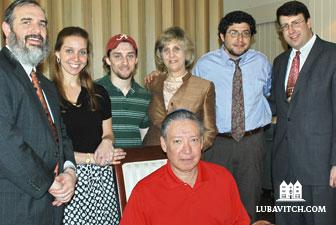

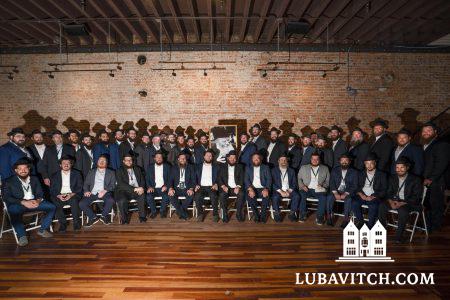


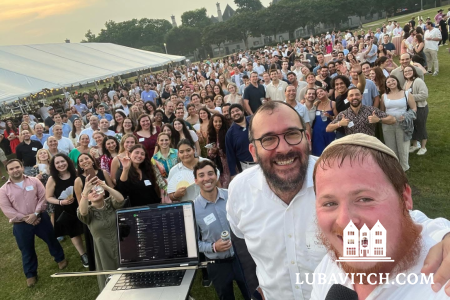
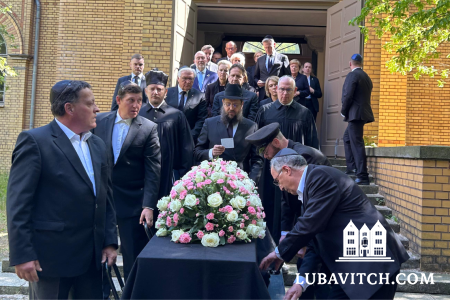
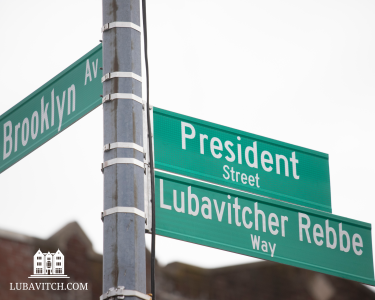
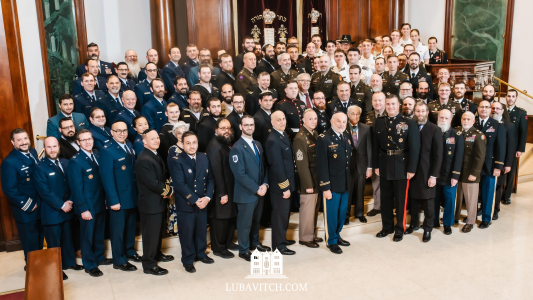

Be the first to write a comment.